Huawei emphasizes energy efficient storage at IDI 2024 Berlin as firm looks to address AI data boom
As data takes on a new importance, Huawei hopes its energy-efficient storage solutions will help businesses leverage the power of AI without succumbing to its exorbitant costs
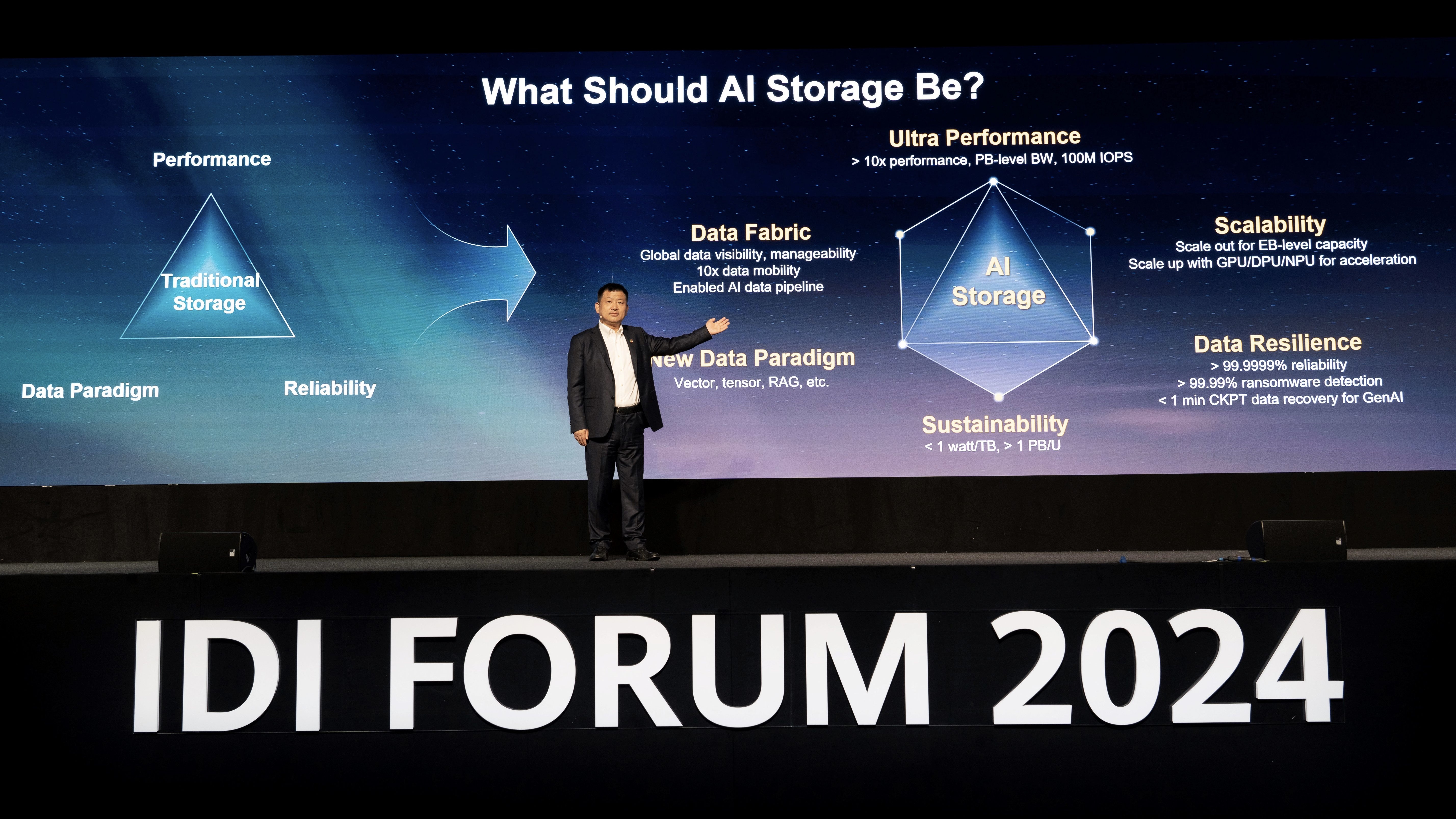

At Huawei’s Innovative Datacenter Infrastructure (IDI) Forum in Berlin, Peter Zhou, president, Data Storage Product Line at Huawei, outlined his vision for the future of the storage market in the AI era.
Asked what the company sees as the main drivers of the storage market in the upcoming years, Zhou says Huawei is focused on two core concepts: cost efficiency and sustainability.
He gives the example of paper as a transformational technology that radically changed how humanity transfers information, by making knowledge cheaper and easier to share. In the age of digitalization, Zhou likens data storage to paper and asserts that Huawei wants to become the paper manufacturer of the AI era.
This is a slightly meaningless slogan, but it does highlight a shift in the attitudes of customers in recent years, with data now regarded as a valuable commodity.
As firms continue down the path of digital transformation and AI drives up data center demands, Zhou claims data has taken on new meaning and no longer simply refers to an information store.
“That’s why some people say data is somehow equivalent to oil in the current industry,” Zhou explains, stating that, “we definitely see data really becoming an asset for the future”.
As digitalization marches on and data’s critical role in every business continues to expand, Zhou says there is a growing concern among businesses over a general lack of useful data.
Get the ITPro daily newsletter
Sign up today and you will receive a free copy of our Future Focus 2025 report - the leading guidance on AI, cybersecurity and other IT challenges as per 700+ senior executives
This has been exposed by the rapid adoption of AI technologies following the introduction of generative AI systems in late 2022, Zhou says, arguing that it’s a concern that continues to shape business attitudes. More and more, organizations are looking to collect and process large amounts of accurate data, both to play catch-up with breakthrough technologies like large language models (LLMs) and to be better prepared for future breakthroughs.
Much has been made of the fact that to be AI-ready, enterprises need to implement a robust data strategy, and Huawei announced it has updated its data management engine (DME), the Omni-Dataverse global file system to help enterprises set up their data lake more easily.
Data lakes are integral for AI workloads, acting as the centralized repository for various types of enterprise data that help businesses efficiently manage vast stores of data.
Being data-ready for the AI era is only part of the story
Beyond ensuring their data strategy is in a good place to harness the power of AI, Zhou adds that a primary concern for customers looking to embrace AI is how their business can contend with spiraling costs associated with AI’s energy-intensive workloads and the industry’s surging demand for data center capacity.
Global power shortages are putting unprecedented strain on data center infrastructure around the world, as their power and storage requirements grow exponentially with AI adoption. Goldman Sachs forecasts that data center power demand will accelerate in the next five years and will more than double by 2030 after showing flat growth between 2015 and 2020.
Zhou adds that storage accounts for nearly 30% of a data center’s energy consumption, so addressing the energy intensity associated with the data storage for the infrastructure that underpins AI technologies will be vital if businesses are to keep up with the projected spike in energy demand.
Huawei is right to focus on the sustainability and cost-efficiency of its storage solutions, the two main themes of the event. It announced two new hardware devices in line with this, a new high-capacity SSD and the OceanStor 800 storage solution.
According to Huawei, the SSD will consume 92% less energy than a rival competitor’s SSDs for every PB of data stored on the drive. In addition, the OceanStor A800 storage system promises to increase AI cluster utilization by 30% and provide new scalability up to exabyte-level capacity. Zhou says its Huawei’s most energy-efficient storage solution to date, boasting the lowest power consumption on the market.
These products are expected to be available later in 2025, with prices unconfirmed at this time.
While these are welcome steps, it’s clear Huawei still needs to flesh out its product lines to meet its goal of mitigating AI-driven energy demands. The piecemeal approach is some way away from the end-to-end solution that will be necessary to mitigate customer concerns.
But there’s every sign that Huawei is focused on incremental additions to the product line, which will slowly lead to a more joined-up approach.
RELATED WHITEPAPER

On stage during the keynote presentation, Zhou says “Now is the right time to define a next-generation [of] data storage”, and believes Huawei’s data awakening product line will be a vital part of this new generation of storage solutions.
It is promising to see this amount of stock being put into ensuring their products can be part of the solution. Huawei can help to address ever-growing concerns over the energy demands AI will levy on data center infrastructure around the world.
All eyes are now on whether or not these solutions will be implemented widely enough to make a meaningful impact on AI’s power requirements, or if customer data demands will outpace hardware innovations entirely.

Solomon Klappholz is a former staff writer for ITPro and ChannelPro. He has experience writing about the technologies that facilitate industrial manufacturing, which led to him developing a particular interest in cybersecurity, IT regulation, industrial infrastructure applications, and machine learning.
-
 Should AI PCs be part of your next hardware refresh?
Should AI PCs be part of your next hardware refresh?AI PCs are fast becoming a business staple and a surefire way to future-proof your business
By Bobby Hellard
-
 Westcon-Comstor and Vectra AI launch brace of new channel initiatives
Westcon-Comstor and Vectra AI launch brace of new channel initiativesNews Westcon-Comstor and Vectra AI have announced the launch of two new channel growth initiatives focused on the managed security service provider (MSSP) space and AWS Marketplace.
By Daniel Todd
-
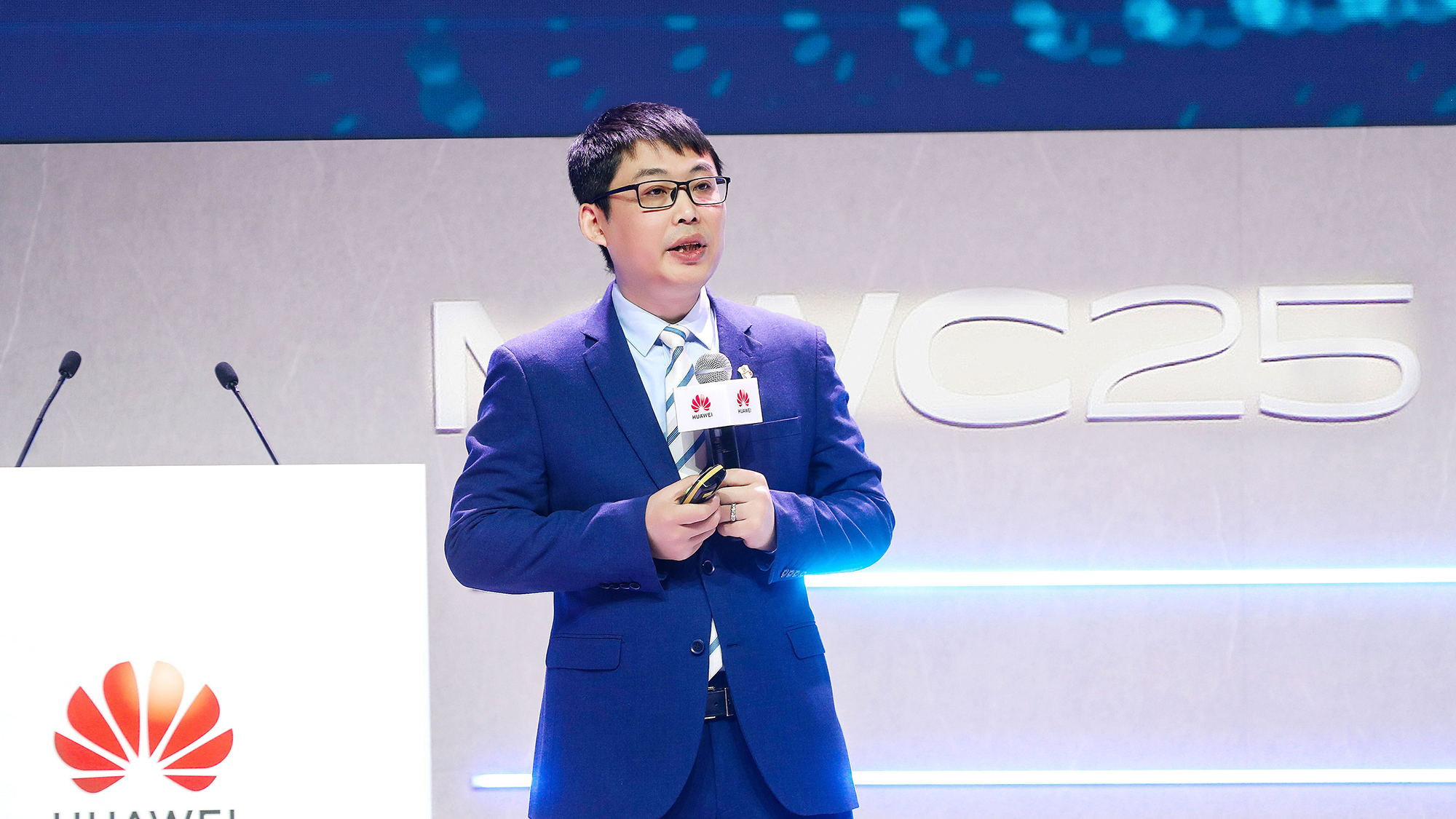 How Huawei’s Xinghe Intelligent Campus solution accelerates intelligent transformation for businesses
How Huawei’s Xinghe Intelligent Campus solution accelerates intelligent transformation for businessesWith major AI upgrades and groundbreaking Wi-Fi innovations, Huawei is breathing new life into future-proofed intelligence campuses for customers across all industries
By ITPro
-
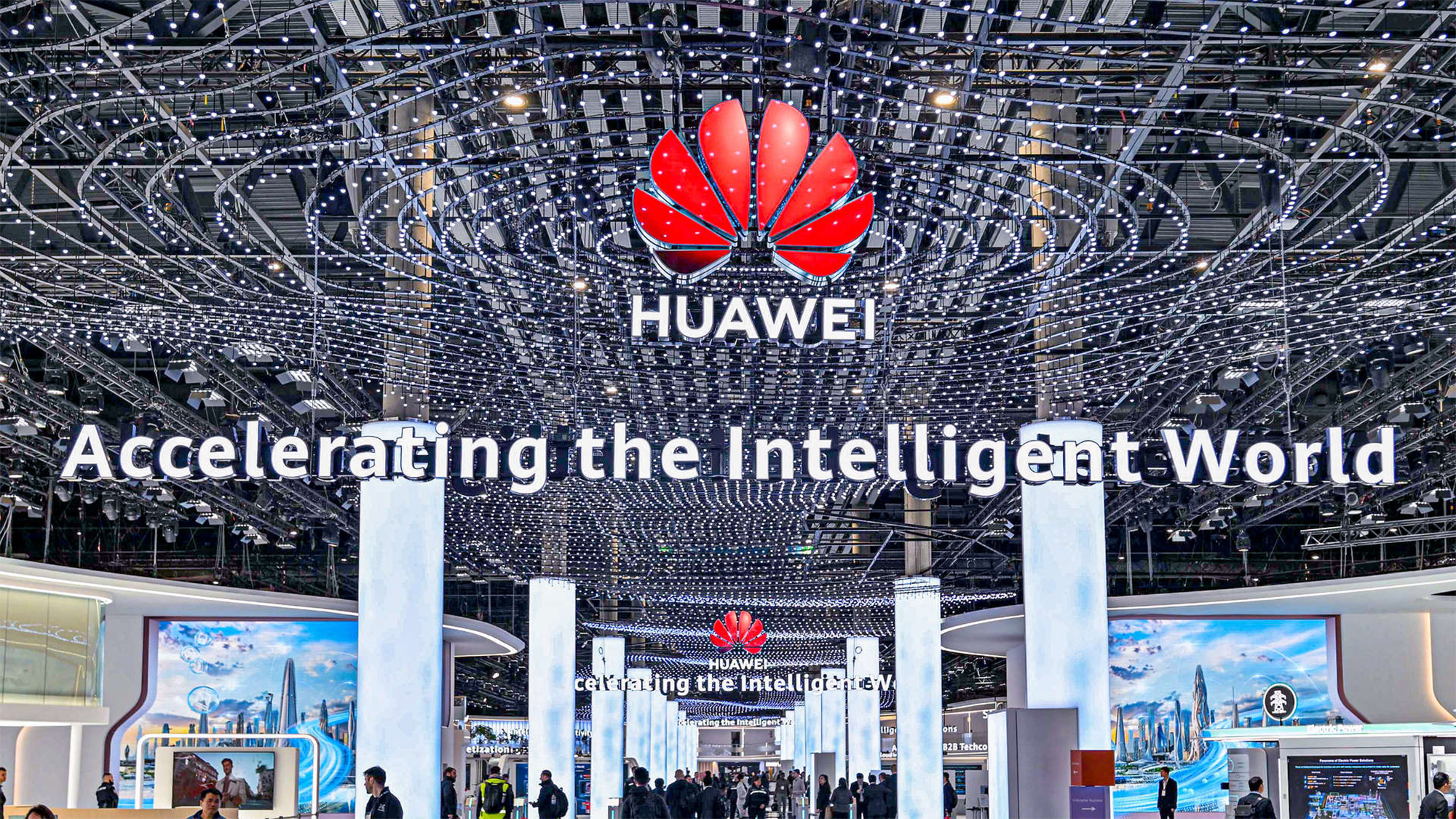 From smart hotels to smart factories, Huawei is accelerating intelligent transformation
From smart hotels to smart factories, Huawei is accelerating intelligent transformationHow Huawei connected the hotel of the future with innovative AP devices and cabling and provides a converged network for smart manufacturing businesses
By ITPro
-
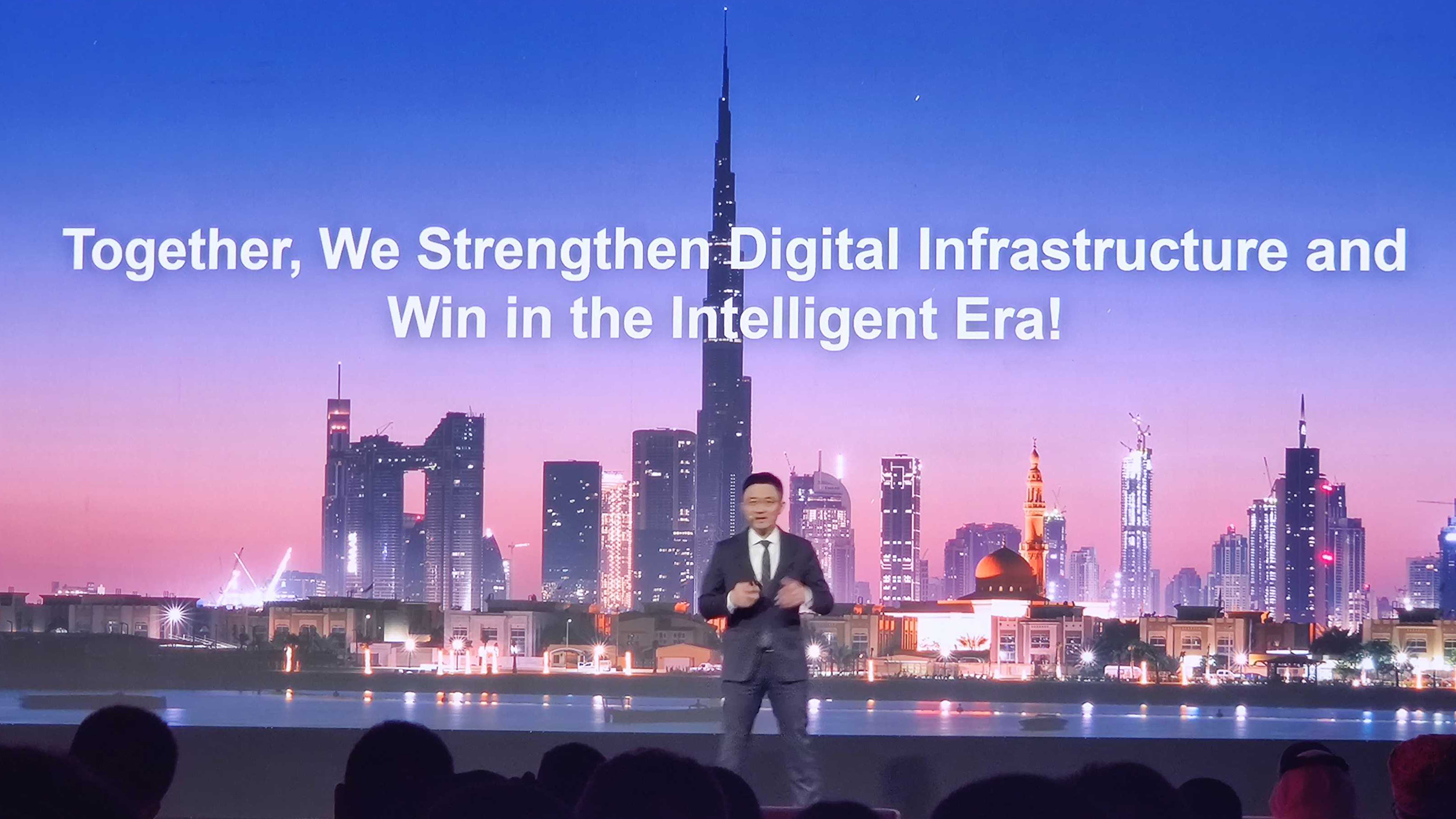 Huawei targets ‘intelligent industrial transformation’ with AI-ready infrastructure
Huawei targets ‘intelligent industrial transformation’ with AI-ready infrastructureNews As the spread of Industry 4.0 continues, powered by next-generation technologies like AI and 5G, Huawei thinks it can help accelerate the intelligent industrial transformation
By Solomon Klappholz
-
 The US just expanded funding for 5G Open RAN in a bid to help telecoms firms crack Huawei dominance
The US just expanded funding for 5G Open RAN in a bid to help telecoms firms crack Huawei dominanceNews The funding for 5G Open RAN aims to help US companies get a bigger slice of the network infrastructure market – and challenge Huawei’s dominance
By Steve Ranger
-
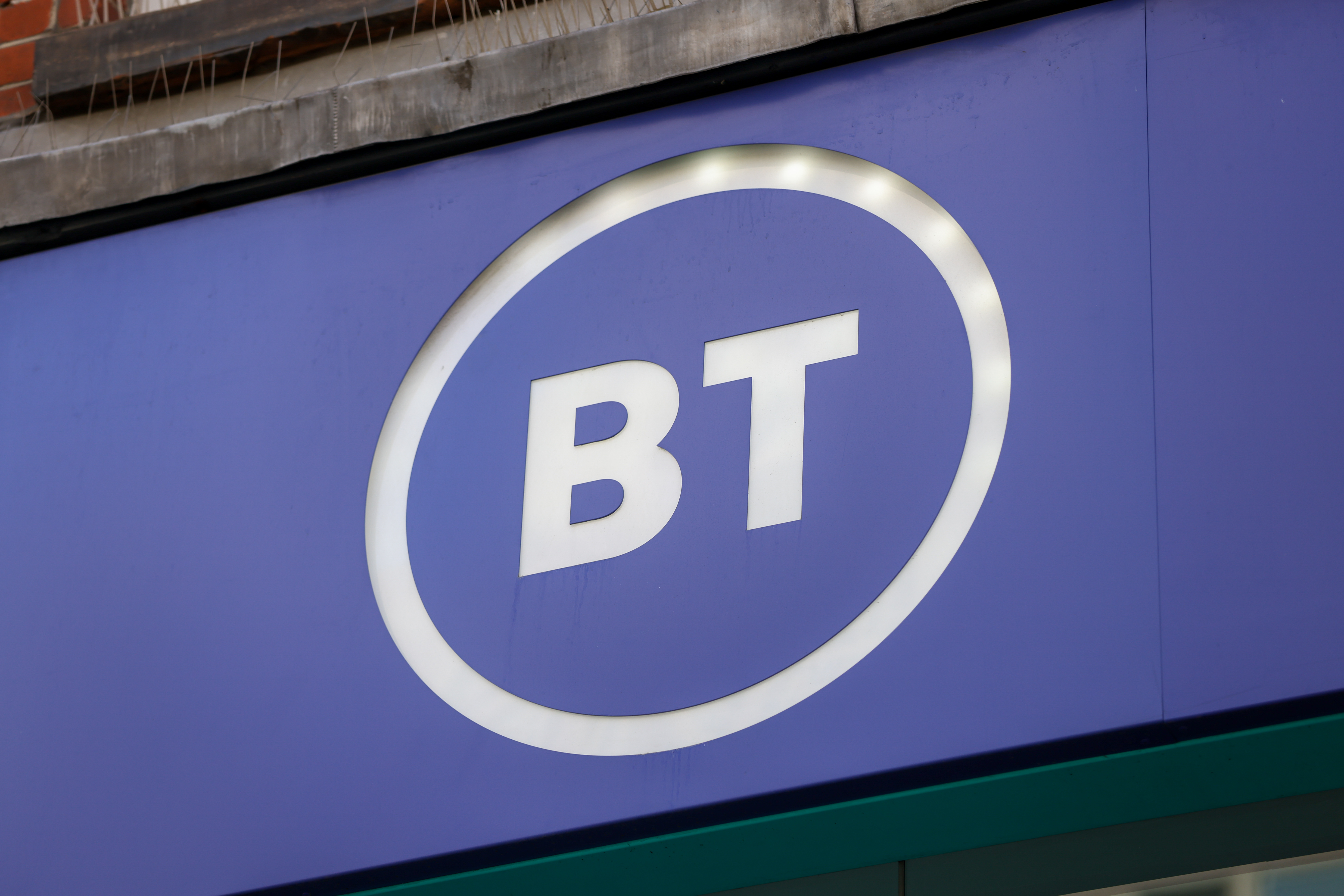 BT misses key Huawei kit removal deadline, but the telco is “almost over the line”
BT misses key Huawei kit removal deadline, but the telco is “almost over the line”News BT is still reliant on non-compliant Huawei equipment for 2G and 3G services
By Ross Kelly
-
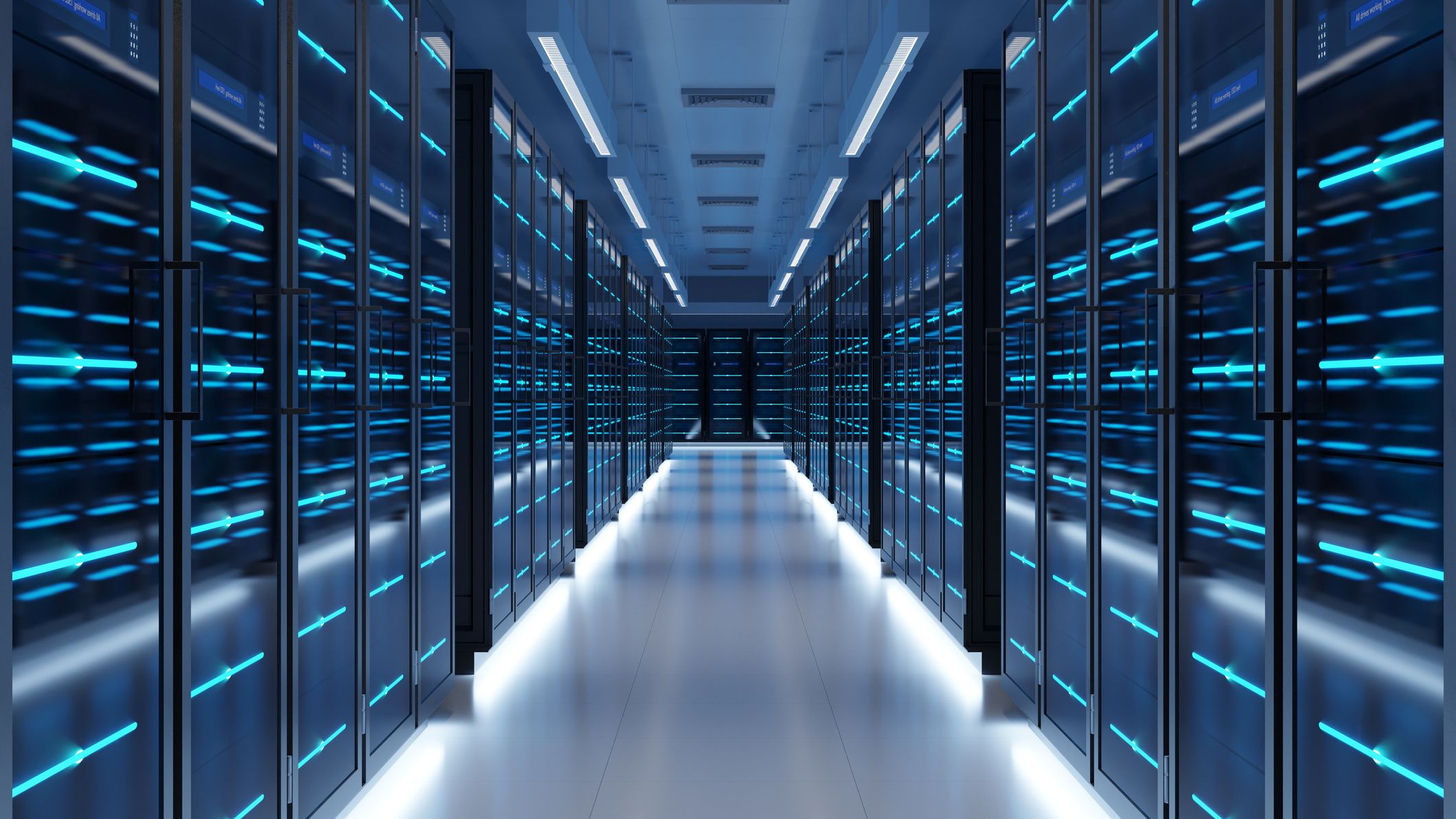 Data centres that switch from HDDs to SSDs use 70% less power
Data centres that switch from HDDs to SSDs use 70% less powerNews This is part of Huawei’s strategy to help data centres go green through data storage
By Zach Marzouk
-
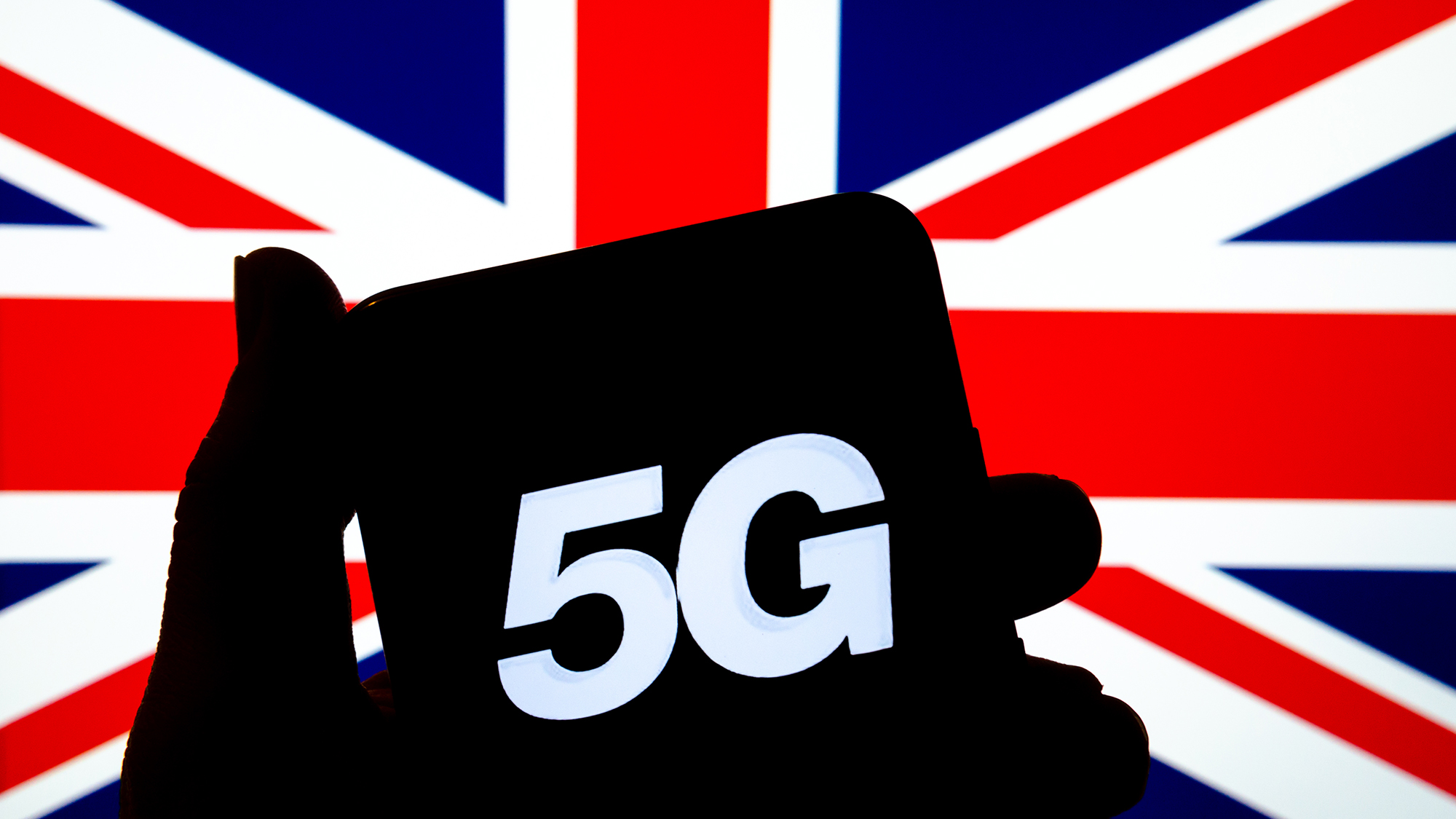 Can the UK develop a 5G giant to take on Huawei?
Can the UK develop a 5G giant to take on Huawei?In-depth Things aren’t easy for Huawei at the moment, but its woes could be someone else's opportunity. Is it time for the UK to develop its own 5G giant?
By Nicholas Fearn
-
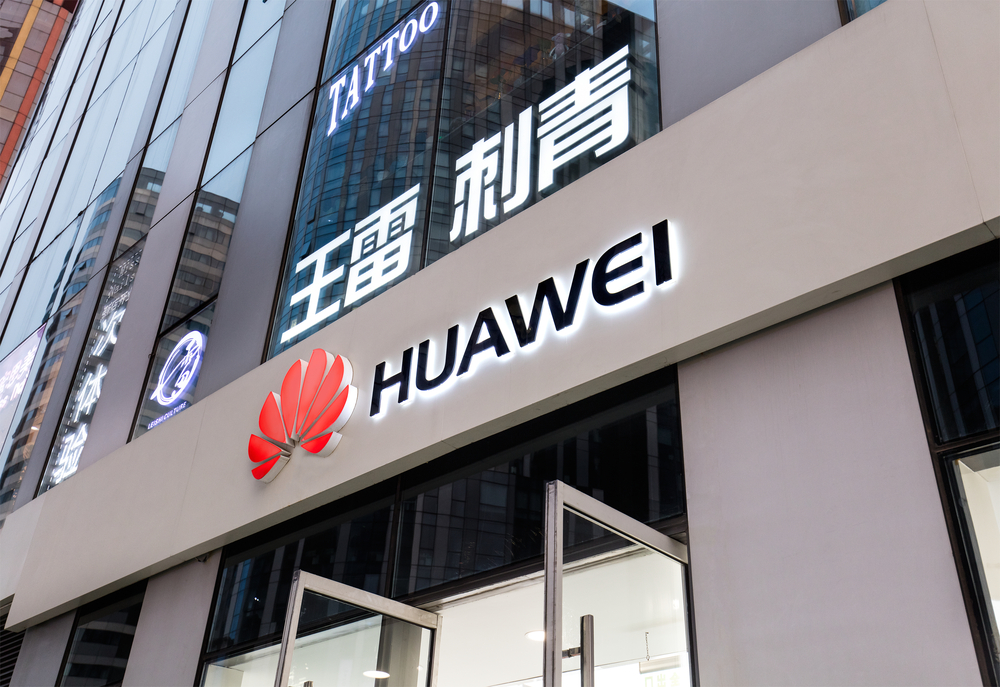 UK gov bans Huawei from 5G network in major U-turn
UK gov bans Huawei from 5G network in major U-turnNews Huawei equipment will be removed from the country's 5G network by 2027 on the grounds of national security.
By Carly Page